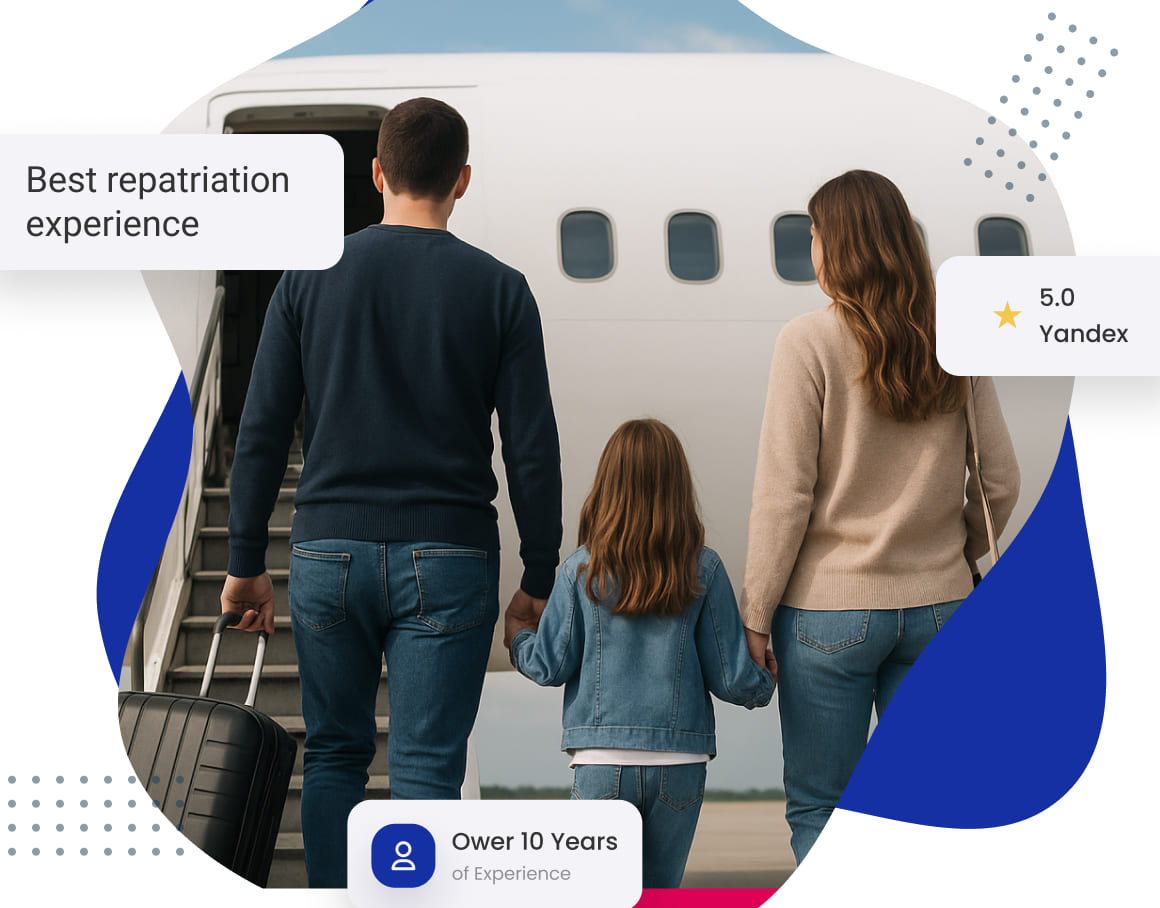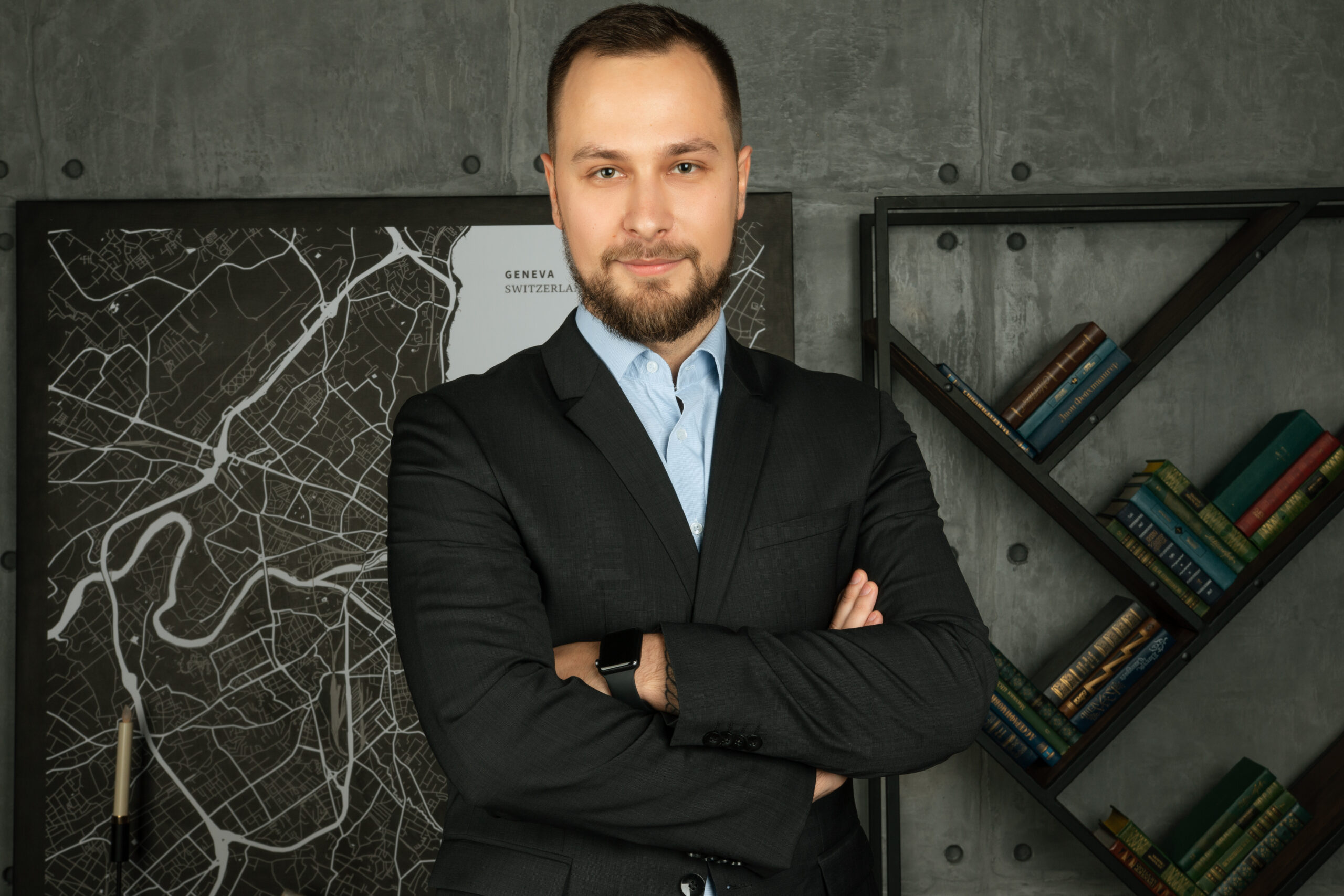Repatriation from Canada to Russia

About repatriation to Russia from Canada
Russia has overhauled its return routes for the diaspora, adding a flexible repatriate track alongside the long-running State Program for the Resettlement of Compatriots. For Canadians with Russian roots—or for former Russian citizens who built their lives in Canada—this means two parallel legal frameworks leading to the same destination: lawful residence and, ultimately, Russian citizenship on a simplified timeline. The key is choosing the route that matches your goals, budget, and preferred pace of integration.
Two frameworks, one goal
The State Resettlement Program (launched in 2006) is a structured, region-led pathway. You select a participating region, relocate there, and live and work in that region for at least three years. In exchange, the region and the federal government offer tangible support: compensation of travel and shipment costs, “lifting” payments on arrival, unemployment benefits during the transition, and—in many regions—extra housing or business incentives. Language proficiency is part of the admission requirements (with specific exemptions), and the program is explicitly tied to regional development needs.
The repatriate status (introduced by Presidential Decree No. 872 of November 22, 2023) is more flexible. It is aimed at compatriots who can prove a qualifying link to Russia (for example, direct ascendants born or resident in the RSFSR/USSR within current Russian borders; former Russian citizens who voluntarily renounced citizenship; citizens of the Russian Federation permanently living abroad as of February 24, 2022). Under this track you may choose any region—including non-program cities like Moscow or Saint Petersburg—without the three-year regional duty or language exams. The trade-off: most regional cash support does not apply. What you keep are the federal simplifications, including a fast route to citizenship and customs preferences for personal effects.
Both tracks can include your family in one application (spouses, children—including adopted and stepchildren—parents, in-laws, minor grandchildren, grandparents, and under-18 or legally incapacitated siblings). Families can relocate together or in stages: the principal applicant may move first, with others joining later on the strength of the same certificate.
Who qualifies to repatriate from Canada
Eligibility is document-driven. You should be ready to evidence one of the following:
- direct ancestry tied to the RSFSR/USSR/Imperial Russia within today’s borders of the Russian Federation;
- former Russian citizenship relinquished voluntarily;
- current Russian citizenship with permanent residence abroad as of 24 February 2022.
Proof can be surprisingly eclectic. Beyond birth and marriage certificates, applicants often assemble archival extracts on residence, employment, military service, education, or household registries from the Soviet or Imperial periods. Every case is assessed individually; there is no automatic entitlement—strong documentation shortens timelines and reduces questions.
Choosing your landing zone
Canada’s winters make Russia’s climate feel familiar—but it can also feel easier. The Russian south is a different country, seasonally speaking. The Krasnodar Krai and the North Caucasus offer markedly milder winters and long growing seasons; coastal areas near Sochi can be downright Mediterranean in mood. If you thrive on four real seasons but prefer softer winters than Ottawa or Winnipeg, this belt is worth a close look.
Large metropolitan choices each tell a different story. Moscow is the jobs capital—finance, tech, media, consulting—with world-class services and the fastest path to networks, though housing is expensive. Saint Petersburg trades on art, history, and science; it draws creatives and researchers, but some private-sector niches are tighter.
Kazan blends a multicultural setting with fast-growing IT and high-tech ecosystems. Yekaterinburg is the Urals’ industrial and business anchor, strong in manufacturing, logistics, and construction. Mid-sized cities such as Nizhny Novgorod or Rostov-on-Don often balance affordability with quality of life and improving infrastructure. Wherever you point the compass, audit the local labor market, transport, schools, and healthcare—and confirm how your profession localizes.
Paperwork before the plane
Start with planning. Decide whether you’re pursuing the State Program or the repatriate track. That single decision sets your regional obligations, the support you can receive, and the documents you’ll be asked for.
From Canada, you file through the Russian consular network (Embassy/consulates). Your package usually includes passports for all family members, civil-status documents, education and work records, photographs, and—critically—the evidence that anchors your “compatriot” or repatriate status. Canadian documents should be apostilled or legalized as required, translated into Russian, and certified so the translator’s signature is recognized by Russian authorities. Consular officers conduct a verification interview and, assuming the file is clean, forward it for decision.
If approved, you receive a Participant Certificate that lists you and any included family. The review typically takes 60–90 days from a complete submission. The certificate is valid for five years, giving you operational flexibility on when to move and in what sequence family members arrive.
The move itself
Travel is generally under a Russian visa aligned to your program status. At the border you’ll fill out a migration card; select “private” as the purpose of entry if instructed. Customs preferences matter: program participants may import personal effects duty-free, and in many cases one vehicle or motorcycle (with a trailer) if it has been in your ownership for at least 12 months before relocation and arrives within 18 months of your own arrival.
Within seven working days of entering Russia, register your address with local authorities in the region where you’ll live during processing. If you’re renting, the landlord’s cooperation is essential—allow time to secure an address that supports registration. Within 90 days you’ll complete medical screening, fingerprints and photographs, and obtain your SNILS (social insurance number — СНИЛС), INN (tax number — ИНН), and OMS health coverage (ОМС).
Citizenship on a simplified timeline
One of the biggest advantages—on both tracks—is the accelerated path to citizenship. You bypass the usual sequence of temporary and permanent residence, filing directly for citizenship through the Ministry of Internal Affairs. Decisions are commonly issued within three months of a complete file. After approval, you take the oath of allegiance and can apply for your internal Russian passport. Men of conscription age will complete military registration formalities.
Common pitfalls—and how to avoid them
Most setbacks come from paperwork, not from policy. The big four: missing apostilles or legalizations; inconsistent name spellings between visas and translations; police-clearance certificates older than three months at filing; and gaps in the evidence of your link to Russia. Build a document matrix early, and verify region-specific nuances before you buy tickets. If you’re shipping a car, lock in its ownership history and timeline well in advance.
Work, study, and business on arrival
The legal simplifications are practical. You may take up employment without a separate work permit. Families plug directly into public services: education (from kindergarten to university admissions for compatriots) and healthcare under the OMS system.
Culture, language, and day-to-day life
Canadians often adapt quickly to Russian directness in conversation and the brisker tempo of administrative offices. A little structure goes a long way: begin Russian language study early, match the transliteration of your name across all documents, learn local business hours (which can differ from Canadian norms), and explore the food culture—markets and traditional dishes will feel like a reward for your paperwork. Expect genuine hospitality once you’re in a neighborhood rhythm; participating in festivals, local clubs, and school communities accelerates the sense of belonging.
Conclusion
Repatriation from Canada to Russia is no longer a single narrow corridor; it’s a pair of robust avenues tailored to different priorities. The State Program gives you structure and financial scaffolding in a committed region; the repatriate track gives you mobility and fewer formalities. Both get you to the same place: a Russian passport, legal security for your family, and a fresh chapter rooted in heritage.
If you plan to finalize your status on the ground, consider engaging an experienced Moscow-based migration team to keep you on schedule, audit your documents, and escort you through medicals, biometrics, and filings—so you can focus on the move rather than the mechanics.
Prices
| Service |
Price |
Duration |
|---|---|---|
|
69,000 RUB
|
2 months
|
|
|
30,000 RUB
|
2 months
|
Our Guarantees

We guarantee that the documents prepared by us will be accepted for review by the Ministry of Internal Affairs (MVD). Provided that you comply with all requirements and there are no violations on your part, you will achieve the desired outcome.

Submitted documents package will be prepared without any errors and will fully comply with all requirements of the Russian Federation legislation.

Your case will never be left unresolved. If your documents are not accepted on the first attempt, our specialists will promptly address the issue and ensure your application is successfully filed with the relevant authorities.

The final cost is fixed in the contract before document preparation begins and will not change.




